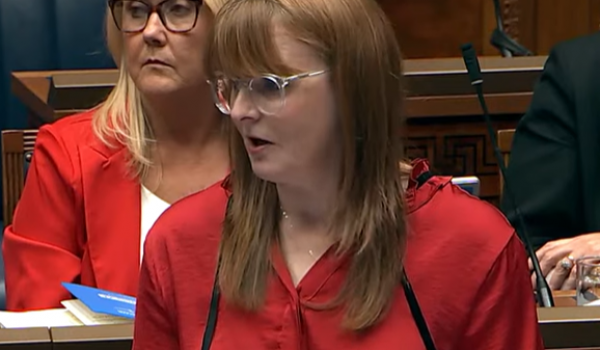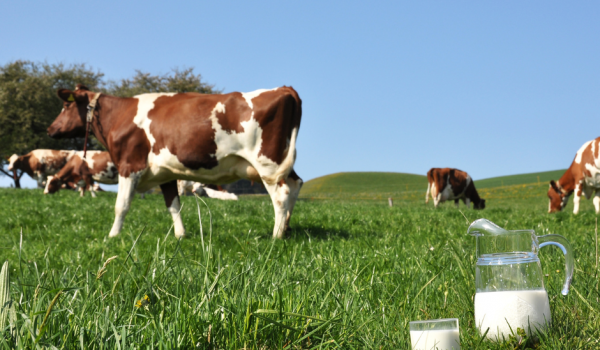
Research commissioned by Holywell Trust has found that labour market integration probems, poor public transport and weak infrastructure are among the significant challenges facing the North West economy.
The study compared the North West’s economy with those of a number of other cities and regions around the world that straddle national boundaries.
At an event in Derry last evening, the study’s author Paul Gosling outlined the challenges and opportunities for the North West.
He said the challenges include low disposable income, employment rates and poverty facing both jurisdictions, with both Derry and Donegal suffering the effects of regional imbalances in their respective jurisdictions.
He said there are opportunities for growth and regional development but issues such as different currencies and tax rules present challenges to labour market integration. Mutual recognition of skills and qualifications along with poor public transport integration and weak infrastructure were identified as challenges.
He added in a region where thousands of people cross the border every day for work and study, there is currently no cross border rail connectivity and serious gaps in bus services.
The report comes as the North’s Department for Infrastructure is consulting on its transport plan for the North West with the aim to ensure the transport network meets the needs of people and businesses in the area.
****************
Release in full –
New research by Holywell Trust compares North West with other cross-border regions
Cities in Europe, North America and South East Asia demonstrate how connectivity can strengthen cross-border economies
Research commissioned by Holywell Trust has compared the North West’s economy with that of other cities and regions around the world that straddle national boundaries.
In the third of the Future Relationship Conversation events on Tuesday, Paul Gosling presented a seminar which laid out the challenges and opportunities for the North West.
He laid out the challenges including low disposable income, employment rates and poverty facing both jurisdictions, with both Derry-Londonderry and Donegal suffering the effects of regional imbalances in Northern Ireland and Republic of Ireland.
There is connectivity currently in the area, with bodies set up looking and growth and regional development but issues such as different currencies and tax rules present challenges to labour market integration.
Mutual recognition of skills and qualifications along with poor public transport integration and weak infrastructure were identified as challenges. In a region where thousands of people cross the border every day for work and study, there is currently no cross border rail connectivity and serious gaps in bus services.
Examples from other cities across the world were presented to demonstrate how cooperation on both sides of the border can lead to a more successful economy.
In Basel, Switzerland, cross-border public transport is used by thousands of commuters there, in Mondragon in the Basque region, the co-operative model places its emphasis on its people sharing in its successes; and across the Atlantic, the Pacific North West/Cascadia region has examples of collaboration in trade and ecological protection and management between the US and Canadian states, as well as investment in stronger transport linkages to support new housing hubs. And in South East Asia, twin cities have integrated cross-border labour markets and infrastructure.
Speaking about the research, author Paul Gosling said:
“There are many global examples of how cross-border regions are thriving through joined-up approaches to strengthen labour market integration, backed by mutual skills and qualifications recognition, integrated cross-border public transport investment, as well as support for public services and social infrastructure.
“The report is hopefully particularly timely given the Department for Infrastructure is now consulting on its transport plan for the North West with the aim to ensure the transport network meets the needs of people and businesses in the area.”
Holywell Trust Director Gerard Deane commented:
“This research is an important foundation to see how life can be improved for residents, whichever side of the border they may be on.
“We hope to garner more opinion on this subject to report back what members of the public see as their priorities for a vibrant and sustainable local economy here in the North West.”





